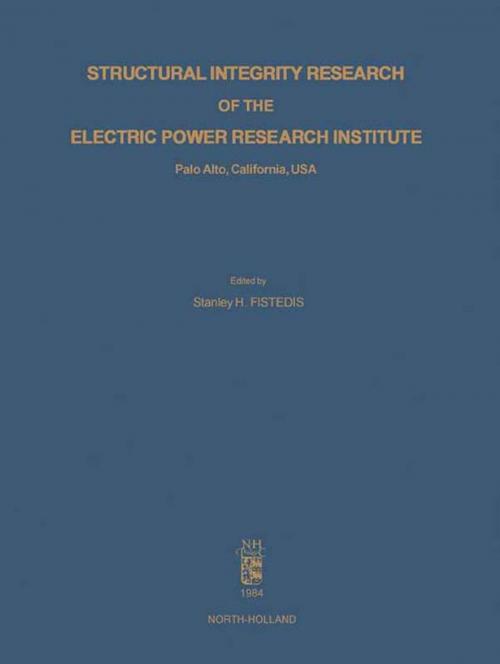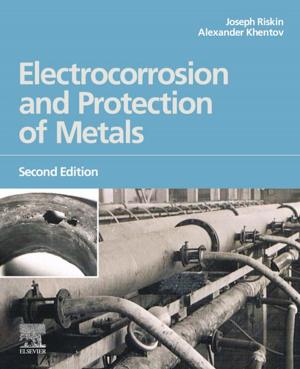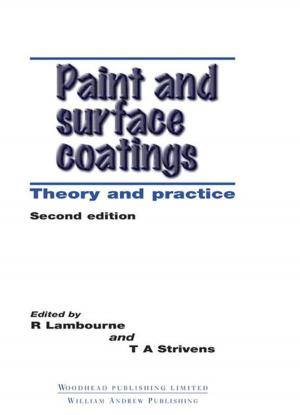Structural Integrity Research of the Electric Power Research Institute
Palo Alto, California, USA
Nonfiction, Science & Nature, Technology, Engineering, Mechanical| Author: | ISBN: | 9781483275161 | |
| Publisher: | Elsevier Science | Publication: | October 22, 2013 |
| Imprint: | North Holland | Language: | English |
| Author: | |
| ISBN: | 9781483275161 |
| Publisher: | Elsevier Science |
| Publication: | October 22, 2013 |
| Imprint: | North Holland |
| Language: | English |
Structural Integrity Research of the Electric Power Research Institute presents the result of the mission of the Electric Power Research Institute to conduct research and development promoting the clean, safe, and economical generation of power by the utility industry. This book covers nuclear plant design, licensing, and regulation questions.
Organized into 13 chapters, this book begins with an overview of the primary motivations for structural integrity research, including insights into reactor safety from probabilistic risk assessments and the increasing costs of plant structural components. This text then examines the SIMQUAKE series of field tests on model containment structures. Other chapters consider the methodology for realistically predicting fluid–structure interaction transient loads and the structural response of the reactor vessel, core support barrel, and core. This book discusses as well the ABAQUS finite element program. The final chapter deals with high-amplitude dynamic tests.
This book is a valuable resource for engineers.
Structural Integrity Research of the Electric Power Research Institute presents the result of the mission of the Electric Power Research Institute to conduct research and development promoting the clean, safe, and economical generation of power by the utility industry. This book covers nuclear plant design, licensing, and regulation questions.
Organized into 13 chapters, this book begins with an overview of the primary motivations for structural integrity research, including insights into reactor safety from probabilistic risk assessments and the increasing costs of plant structural components. This text then examines the SIMQUAKE series of field tests on model containment structures. Other chapters consider the methodology for realistically predicting fluid–structure interaction transient loads and the structural response of the reactor vessel, core support barrel, and core. This book discusses as well the ABAQUS finite element program. The final chapter deals with high-amplitude dynamic tests.
This book is a valuable resource for engineers.















